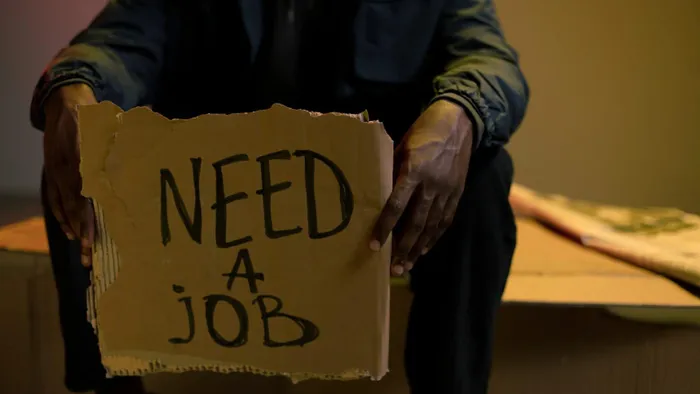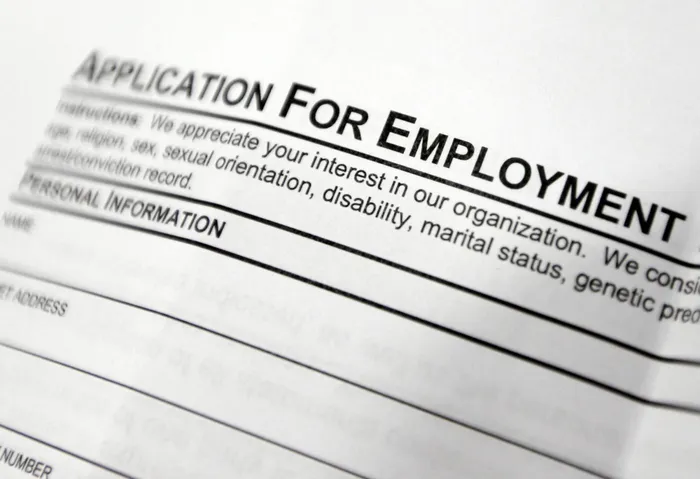South Africa’s job crisis: youth unemployment, BEE debate, and the fight for real inclusion

As unemployment rates soar, particularly among the youth and women, this initiative represents a concerted effort to stimulate job creation and foster inclusive economic growth.
Image: Ron Lach/Pexels
On 1 May 2025, South Africa marked Workers’ Day, a time to reflect on the state of employment in the country.
Yet, as the nation grapples with a youth unemployment rate of over 44%, experts remain concerned about the challenges preventing South Africans from accessing meaningful work.
Dr Armand Bam, Senior Lecturer and Head of Social Impact at Stellenbosch Business School, highlighted how recent shifts in Broad-Based Black Economic Empowerment (BBBEE) have aimed to include groups such as women, people with disabilities, and individuals from rural areas.
While there has been progress in areas like enterprise development, Dr Bam noted that many barriers still persist.
“The measure of true inclusion,” he said, “is when these groups not only enter but can thrive within the economy, with sustained access to ownership, leadership, and decision-making opportunities.”
He pointed to issues like education gaps, unconscious bias, limited access to capital, and geographic exclusion as key obstacles still at play. “Inclusion must go beyond representation to dismantling the systemic obstacles still embedded in our economy,” he emphasised.
Dr Bam believes BBBEE should go beyond compliance and become both a business and societal imperative.
“BBBEE should not be viewed as a tick-box exercise but embraced as both a business and societal imperative,” he argued.
He also warned that true transformation should focus on real outcomes, such as shifts in ownership, the rise of black and women executives, and sustainable black-owned enterprises. “True success narrows inequality gaps and uplifts communities—not just corporate scorecards,” he said.
As South Africa grapples with high youth unemployment, Prof Dieter von Fintel, from Stellenbosch University’s Department of Economics, also weighed in on the issue. He explained that many young people struggle to enter the workforce due to a lack of experience.

Experts and politicians weigh in on youth unemployment
Image: File
“Youths struggle to ‘find their first job,’” said von Fintel, pointing out that employers often require experience, creating a cycle that hinders young people’s ability to gain that experience. He believes that early work experience is crucial, and that soft skills such as time management and communication are often more important than people realise.
Von Fintel also discussed the impact of minimum wage policies, which have improved pay for some but are still not consistently enforced. “Low wage workers are being paid better, but many are still not paid in line with minimum wages,” he noted.
While fears that minimum wages would lead to widespread job losses haven’t materialised, von Fintel added that the negative effects are often temporary, mainly due to enforcement issues. “There is some evidence that minimum wages correlate with mild reductions in poverty,” he said.
He also addressed structural unemployment, noting a mismatch between the skills available in the workforce and the skills required by the economy.
“South Africa has a structural unemployment problem – specialised skills are in high demand, while many individuals without those skills are left unemployed,” he explained.
“Either the capacity of the formal sector to create jobs must grow, or South Africans must obtain skills,” von Fintel concluded.
The Democratic Alliance (DA), led by John Steenhuisen, used Workers’ Day to call for a shift away from outdated empowerment policies. Steenhuisen argued that BBBEE, in its current form, no longer serves the country’s needs.
“BEE in its current form is no longer seen by a majority of South Africans as the best path to redress or growth,” he said, adding that it has led to exclusion rather than inclusion.
He criticised the current implementation of BEE, describing it as “BEE scorecards, fronting, enriched cadres, and head counting,” and warned that this only leads to more division. The DA intends to challenge the government’s new racial employment targets in court, calling them “an impediment to inclusion, economic growth and jobs.”
Steenhuisen also addressed South Africa’s unemployment crisis, noting that millions of South Africans cannot find work in the face of one of the world’s highest unemployment rates, but encouraged the youth to not despair, referring to the Western Cape, where youth unemployment is half the national average, and over 80% of people who want work get jobs.
Fadiel Adams, leader of the Cape Coloured Congress, expressed frustration with how BEE has negatively impacted the coloured community.
“BEE has been used to abuse the coloured community everywhere, doesn't matter which province or city you go into, Kimberly, Cape Metro, East London, you just don't see coloured people at work.
“If this is BEE then scrap this thing, but if you implement it fairly and you use the Correctional Services 6 Constitutional Court ruling as a benchmark, you can’t go wrong,” he advised.
However, he expressed doubt about BEE’s future, stating, “I don’t see BEE going anywhere because it’s used to mildly satisfy an expectant black mass, while excluding the long-suffering coloured community.”
Professor Gina Görgens, from the Department of Industrial Psychology, offered advice for jobseekers. She stressed the importance of personal branding and being well-prepared for job interviews.
She also advised jobseekers to research companies thoroughly and demonstrate a genuine desire to contribute. “Companies want to see that applicants are committed and want to make a meaningful contribution,” she explained.
tracy-lynn.ruiters@inl.co.za
Weekend Argus
